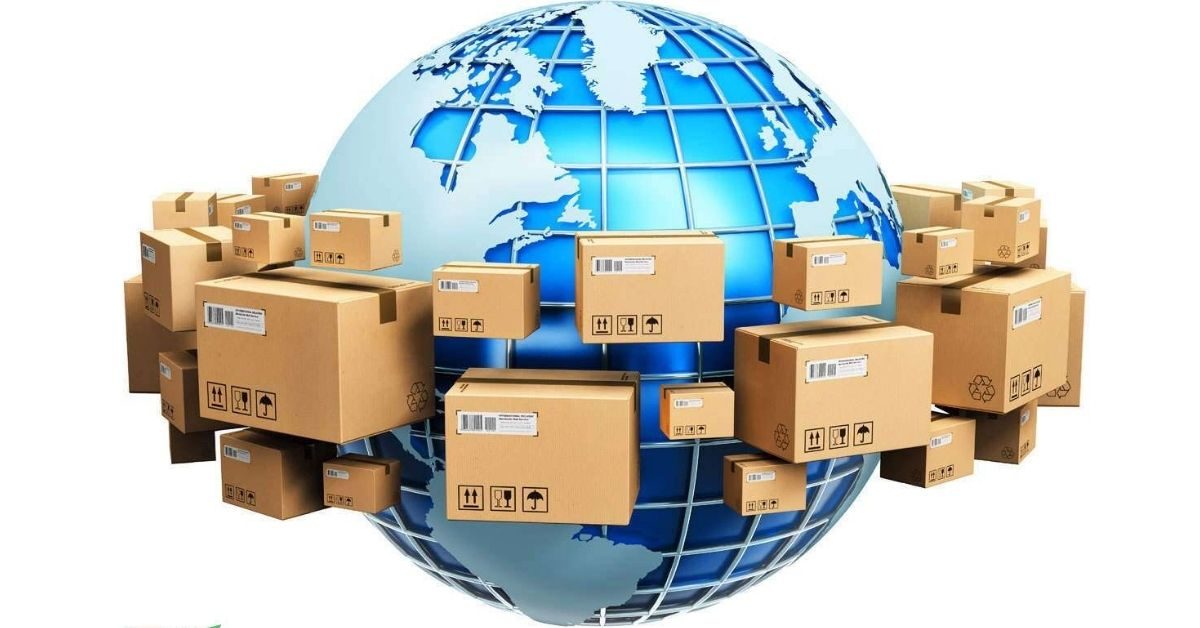Some Chinese executives with business ties to India are pondering efforts to cut their reliance on Indian companies by bypassing or replacing them in the global supply chain, after warnings of potential disruptions to various global industries from an economy-crippling pandemic peak in the South Asian country.
Although India’s top exports to China are minerals, the country also exports large volumes of chemicals, textiles and electro-mechanical products to China, as some companies form a cross-border supply chain for certain goods.
According to a research note from Orient Securities, a Chinese brokerage, the pandemic situation in India is likely to cast shadows on the global pharmaceutical industrial chain as a shortage of active pharmaceutical ingredients (APIs) worsens.
The report indicated that other sectors, including electronics and textiles, could also face challenges.
China and India together account for 21 percent of the global API market. Companies from the two countries sometimes use a cooperative partnership to export drugs to a third market, usually a Western country.
A secretary of the board of a large API company based in East China’s Zhejiang Province surnamed Dong told the Global Times on Tuesday that the company was evaluating possible impact of the API supply chain involving India, the world’s largest API maker, after the country ran into the second wave of the outbreak that caught global media attention.
“Currently, it is still rather early to tell the actual impact of the epidemic in India on the supply chain,” said Dong, who expressed worry about the situation.
Some 10-20 percent of the API products from the company are exported to India for processing before being exported to the West, and Dong said that the company is looking at the possibility of directly exporting to third markets such as the US and European countries instead of through India to fend off potential disruptions to the supply chain.
However, Dong noted difficulties for the alternative approach, in that no other country can compete with India in terms of production cost and technology levels for API production.
“It’s not like producing a table or chair. Other countries do not have such advanced and complete production lines like those in India at the moment,” said Dong.
India is the world’s largest manufacturer of generic drugs and the largest vaccine supplier, according to India’s National Investment Promotion & Facilitation Agency. However, as the pandemic has overwhelmed its medical system, the country has to send pleas to the US to lift export bans on raw materials for vaccines.
According to the China Chamber of Commerce for Import and Export of Medicines and Health Products (CCCM), a total of $5.65 billion worth of APIs were exported to India in 2019, accounting for almost 17 percent of China’s total API exports that year. But most of those exports were APIs and pharmaceutical intermediates with low added value, like penicillin, cephalosporins and hormones.
However, with the pandemic’s adverse effect on supply chains, including interruptions at manufacturing facilities and blocking of international traffic for fear of the virus, some Chinese companies are sensing opportunities to seize new market share in the global pharmaceutical supply chain as clients in Western countries ditch India for alternative suppliers.
Following Orient Securities’ report, multiple Chinese API makers saw their shares rally on Monday and Tuesday.
A manager surnamed Yang with an API exporting company based in East China’s Shandong Province told the Global Times on Tuesday that orders coming directly from third markets increased in the past two weeks by about 10 percent after India’s epidemic situation worsened.
“Many clients from the West and countries in South America and Southeast Asia who used to import goods from India now tend to come to China or Bangladesh, where the API production industry has developed rapidly,” said Yang.
“We sense that clients are somewhat concerned about imports from India at the moment [due to the virus],” Yang said.
In addition to clients’ changing strategies on sources, Yang said his company has also been reducing its reliance on the Indian market in ways that go beyond the pandemic, due to the way Indian clients handle payments.
“Indian clients generally keep prices very low and pay 90 to 180 days after the arrival of goods, while clients in Southeast Asian countries normally pay fully in advance,” said Yang.
However, some industry insiders warned of potential overcapacity in the API industry, if firms rush to subtitle Indian firms.
Zhu Renzong, CCCM deputy secretary general, was quoted by news portal 21jingji.com on Tuesday as saying that the opportunity would be only temporary, and warned Chinese API makers to rein in production capacity expansion as the market is already saddled with overcapacity.
Source: Global Times








